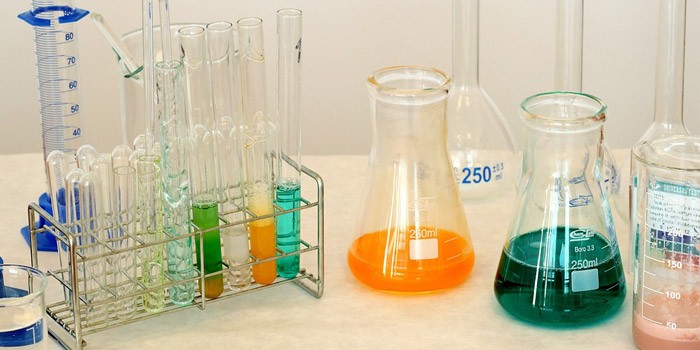U.S. Chemical Production Accelerates as Manufacturing Sector Advances

WASHINGTON, D.C. – January 30, 2018 – According to the American Chemistry Council (ACC), the U.S. Chemical Production Regional Index (U.S. CPRI) rose 1.9 percent in December, following a 1.4 percent gain in November, and a 0.4 percent gain in October, as measured on a three-month moving average (3MMA) basis. The upturn continues to reflect higher manufacturing activity in key end-use markets, in addition to recovery from hurricane disruptions. During December, chemical output increased in all regions, with the largest gains in the Gulf Coast, Ohio Valley, Midwest, and Southeast regions.
Chemical production was mixed over the same three-month period. There were gains in the production three-month moving average output trend of organic chemicals, plastic resins, pesticides, coatings, adhesives, fertilizers, chlor-alkali, synthetic rubber, and pharmaceuticals. These gains were offset by declines in the output trend in other specialties, synthetic dyes and pigments, industrial gases, and manufactured fibers.
Nearly all manufactured goods are produced using chemistry in some form or another. Thus, manufacturing activity is an important indicator for chemical production. On a 3MMA basis, manufacturing activity rose by 0.6 percent in December, following a 0.7 percent gain in November. Production expanded in several chemistry-intensive manufacturing industries, including food and beverages; appliances; motor vehicles; construction supplies; machinery; fabricated metal products; computers and electronics; semiconductors; petroleum refining; iron and steel products; plastic and rubber products; tires; paper; structural panels; and printing.
RELATED Huntsman Inaugurates Shanghai Campus
Compared to December 2016, U.S. chemical production was ahead 3.9 percent on a year-over-year basis, an improving trend. Chemical production was ahead of year-ago levels in all regions.
The chemistry industry is one of the largest industries in the United States, a $768 billion enterprise. The manufacturing sector is the largest consumer of chemical products, and 96 percent of manufactured goods are touched by chemistry. The U.S. CPRI was developed to track chemical production activity in seven regions of the United States. The U.S. CPRI is based on information from the Federal Reserve, and as such, includes monthly revisions as published by the Federal Reserve. To smooth month-to-month fluctuations, the U.S. CPRI is measured using a three-month moving average. Thus, the reading in December reflects production activity during October, November, and December.
Disqus website name not provided.










































